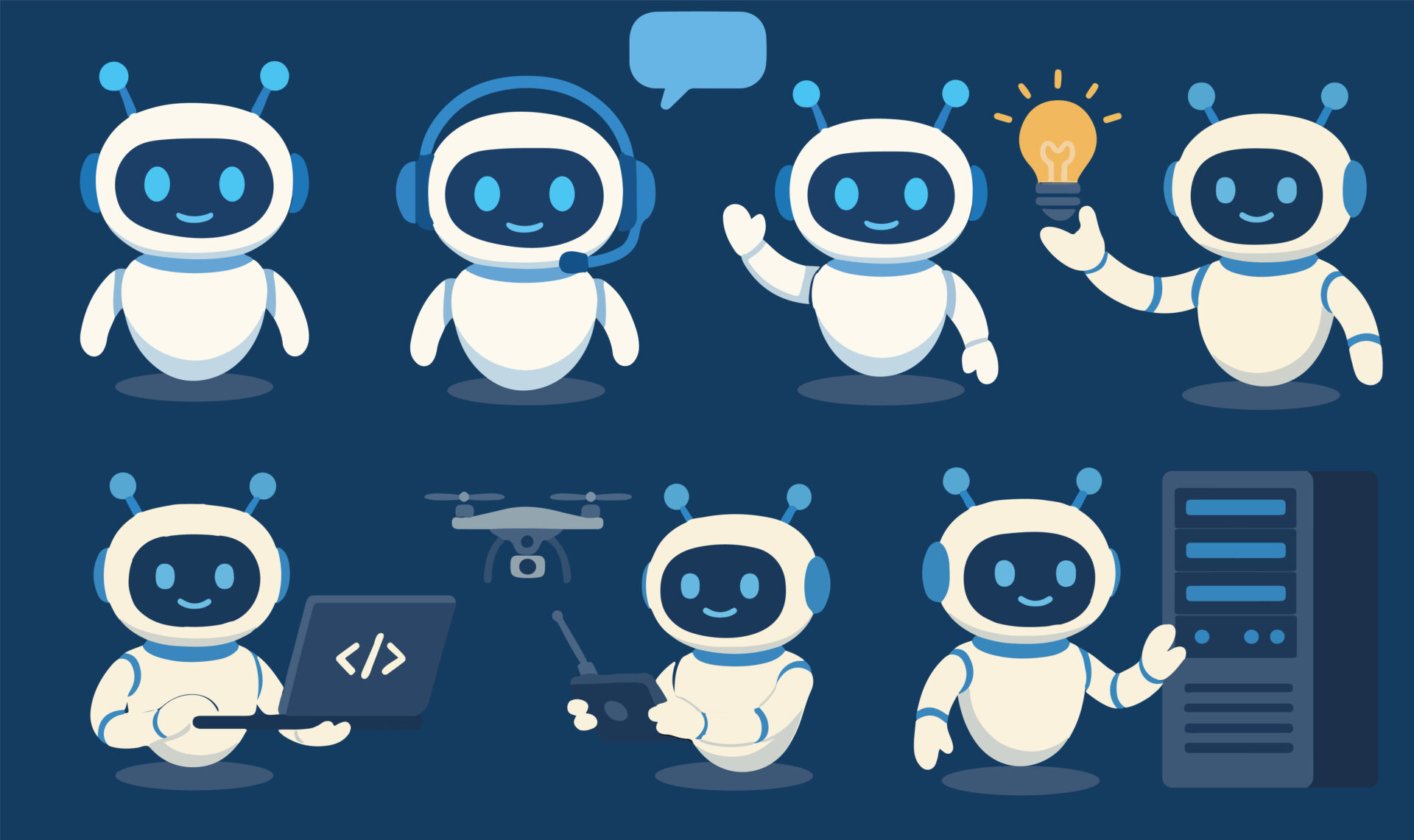August 14, 2025
5 min read
Allie Nawrat
7 in 10 Leaders Think Agentic AI Will Drive Financial Success, But Only 40% Think It Should Make Financial Decisions, Finds Workday
Organizations are increasingly embracing agentic AI, but barriers to adoption remain, according to new data from Workday. UNLEASH explores the findings with Workday's VP of AI, Kathy Pham, to understand how HR leaders can boost adoption and maximize the benefits of agentic AI.Strong Optimism for Agentic AI
Fewer than 1% of organizations have no plans to use agentic AI, based on a survey of 2,950 global leaders by Workday. Key insights include:- Only 27% believe agentic AI is overhyped.
- 88% agree AI will ease workloads and increase productivity.
- 75% are comfortable collaborating with AI agents.
- 82% recognize AI's benefits for innovation.
- 63% prefer working for companies investing in AI agents.
- 71% expect AI agents to drive financial success.
- 56% anticipate a return on investment within six months.
- 48% worry AI is diminishing critical thinking skills.
- 36% feel AI erodes meaningful human interactions.
- 48% fear increased pressure to work faster due to AI.
- 44% cite ethics and governance challenges.
- 39% worry about security and privacy.
- 30% fear AI misuse. These concerns create adoption barriers, limiting organizations from fully leveraging agentic AI.
- While 75% are comfortable with AI as a teammate, only about 33% are comfortable being managed by AI.
- Just 25% accept AI operating in the background without human knowledge.
- Only 40% are comfortable with AI making financial decisions. Kathy Pham emphasizes the importance of establishing guardrails:
- The Role of AI in Modern Cryptocurrency Trading
- Navigating the Risks and Rewards of AI in Finance
- Understanding Agentic AI: The Future of Autonomous Systems
Concerns and Challenges
Despite optimism, concerns persist:Clear Boundaries Are Essential for Adoption
Workday's research highlights a desire for clear limits on AI's role at work:"Employees trust AI more when companies set clear rules for its use. These guardrails create a safe environment empowering employees to use AI tools effectively without fear."Pham also stresses the need for training:
"Trust in AI grows with usage, so leaders must help employees learn how to leverage these tools effectively. HR leaders should provide training to equip employees with the skills to navigate agentic AI."
Redefining Management Roles with AI
Pham advocates for using AI to enhance, not replace, managers:"AI can handle repetitive, data-heavy tasks like gathering information for performance reviews, freeing managers to focus on meaningful coaching and building personal connections. HR leaders should train managers to use AI tools to reduce administrative burdens and spend more time on human-centered work."
Source: Originally published at UNLEASH on August 14, 2025.

